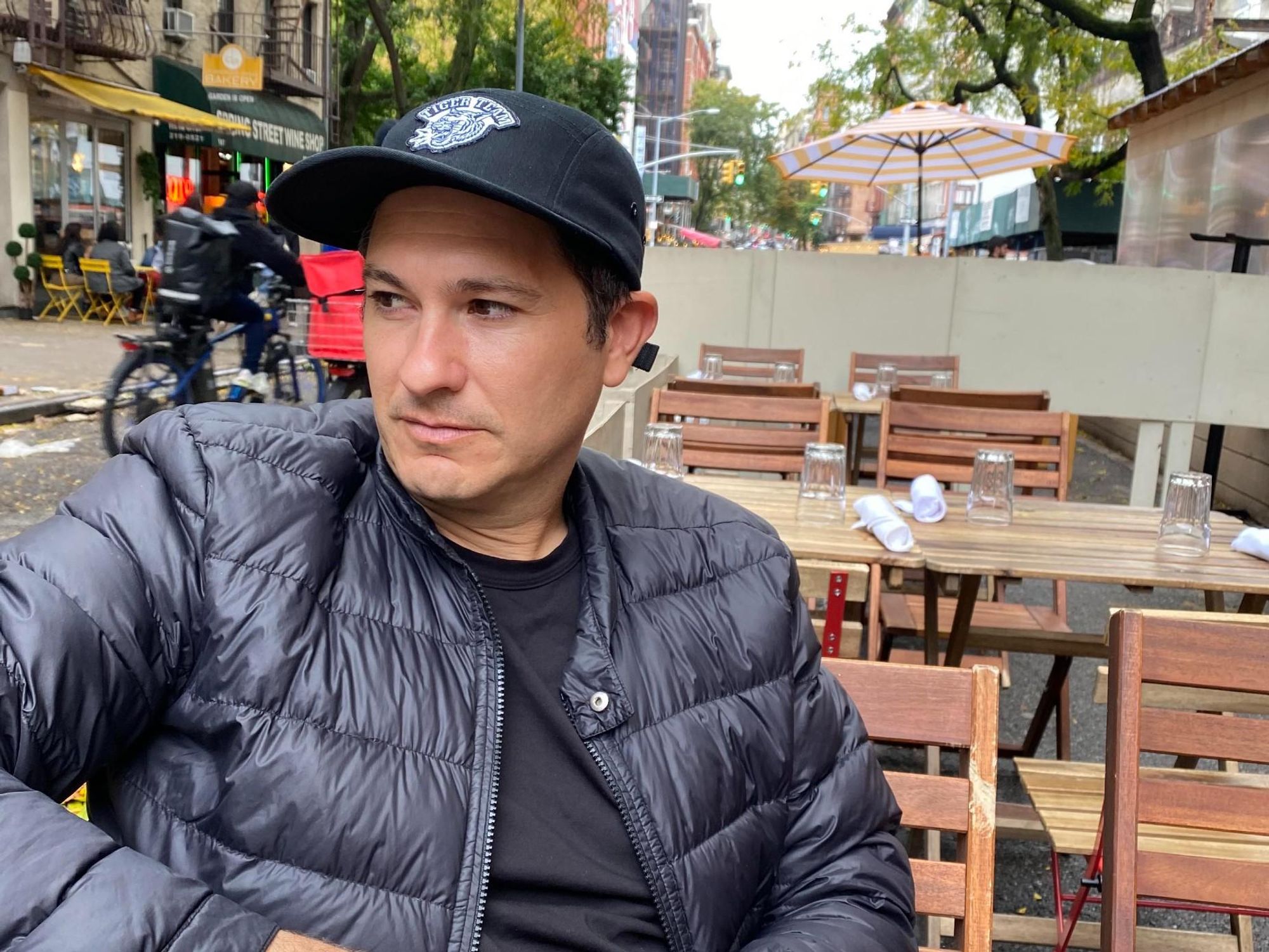Impulsum Ventures’ Ed Wilson on Skateboarding, Failure and Building a Startup

On this episode of the LA Venture podcast, Impulsum Ventures co-founder Ed Wilson talks about building the firm, supporting founders and the industries that Impulsum is funding.
Impulsum Ventures invests through its fund, which cuts checks of around $500K and focuses on health care, financial technology, and consumer. Impulsum also has a separate 30-person development studio staffed by engineers, designers, developers and product specialists called Impulsum Studios. Wilson said that the studio team often helps fill in the gaps for the companies in which he’s invested.
“When we focus on investing in a company, there is no obligation [...] that they need to use the studio in any way. It is just there to support them,” said Wilson.
Wilson credits his background in skateboarding with helping teach him the value of failure and testing what’s possible.
In skateboarding, he said, “there's this constant failure that you have until you actually land it and succeed.”
That’s the perspective he tries to bring to young startups in complex environments, where it’s not always clear what’s possible until experiments are conceived of and tried.
When companies come to Impulsum for insights, Wilson said he can pull together the appropriate team from his studio and come up with a suggestion for how they can improve.
But Wilson said they’re not just limited to giving advice.
“If you actually came to us and said, ‘Hey, we want you to build this thing for us.’ We would then say, ‘Okay, treat us like you would any other development studio that you were looking to hire to do that. We're gonna scope this out, we're gonna set a price for it,’” said Wilson.
Wilson said he’s keen to build relationships with the people at the startups Impulsum to whom writes checks.
“I'm a little bit old school in this, but it's on that like a one-to-one, just build relationships with people and really figure out, ‘are there ways that we can be helpful to each other?’,” said Wilson.
Wilson described his relationship with founders much like a friendship, with time constraints and a budget. His talks with them are usually centered around creating something useful together.
“We want people to make mistakes that we haven't made before,” he said.
Even if he doesn’t always agree with the directions his portfolio companies go in, Wilson said he thrives on being a supportive voice and someone who can help young companies and individuals think about their opportunities and problems..
“Something that can feel like it's catastrophic, really isn't that big of a deal,” he added. “And it can even lead to this incredible opportunity. But that only happens if you're able to keep a calm head.”
dot.LA Engagement Fellow Joshua Letona contributed to this post.
Hear the full episode by clicking on the playhead above, and listen to LA Venture on Apple Podcasts, Stitcher, Spotify or wherever you get your podcasts.



 Image Source: Skyryse
Image Source: Skyryse
 Image Source: Northwood Space
Image Source: Northwood Space